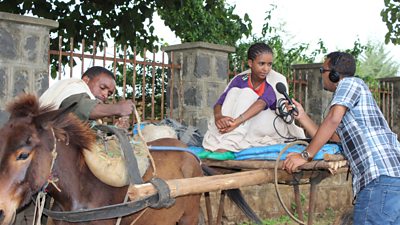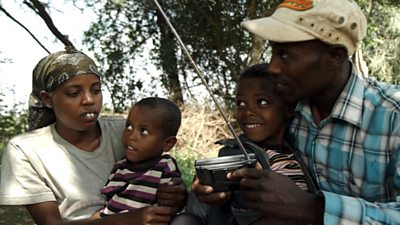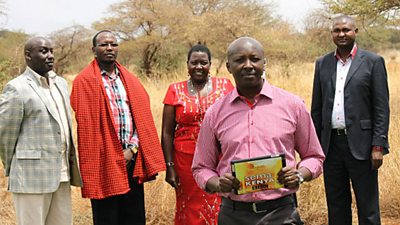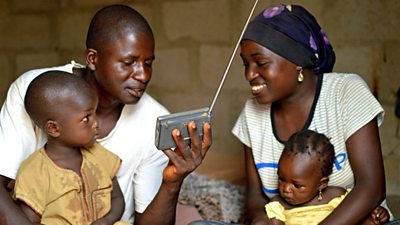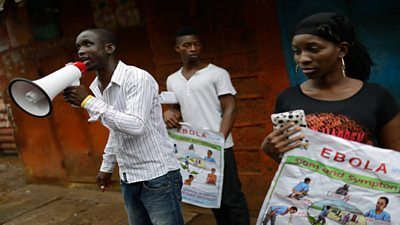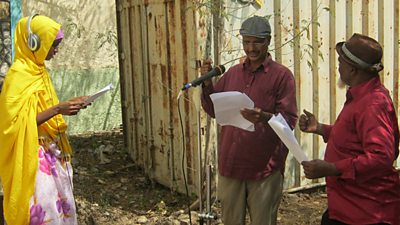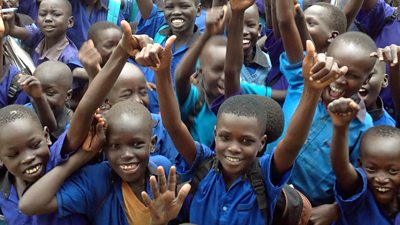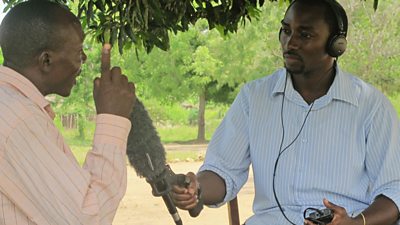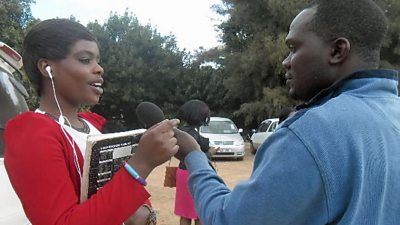Just as you sow your crop, leave enough space between your children and you will get a good harvest
Maternal deaths account for 30% of all deaths of women aged 15-49 which in turn has an impact on infant survival rates. But rather than just deliver healthcare "lessons", the radio programmes, Biiftuu Jireenyaa and Jember - collectively reaching 21 million people in Ethiopia - reflect the preoccupations and rich experiences of their listeners, and tackle topics such as making a living in rural areas or the challenges of relationships. Music, proverbs and poetry are woven into the programmes to reflect Ethiopia's storytelling traditions.
"Fundamental to our approach," said senior production manager, Fiona Ledger, "is the idea that women in rural areas do not define themselves just as patients."
"Many different demands compete for their attention including the price of foods, the quality and quantity of the harvest, access to markets, the availability of water, the cost of secondary education, the settling of sons and daughters in satisfactory marriages. Pregnancy and birth takes place in this broad context and the programmes respect and acknowledge this."
On location
The programmes are recorded on location in Afan Oromo and Amharic, languages spoken by more than two thirds of the population. Biiftuu Jireenyaa means "Dawn Of Life" in Afan Oromo and Jember means "maternal light" in Amharic.
They include interviews, discussion and fly-on-the-wall encounters between health workers and women; close attention is paid to regional differences in order to ensure each programme appeals to its local target audience.
The experiences of people on the ground inspire the content. One example is that of a farmer in the Western Arsi zone of Oromia, whose maize field impressed producer Nazif Jemal.
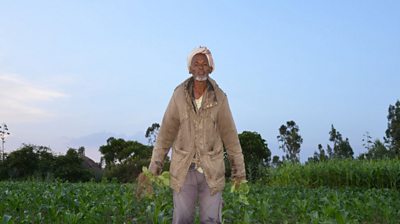
"Because there is enough space in between [the plants]," the farmer told Nazif, "it is growing beautifully and we expect a good harvest." The farmer went on: "I have come to believe the same is true for our children. When there is a good gap between them, they will grow well and become good citizens for the country, good leaders or good doctors and so on."
This conversation directly inspired Nazif. "Our message in the programme," he said, "was just as you sow your crop, leave enough space between your children and you will get a good harvest.'"
Encouraging men to share
Such stories show how important it is to think of the whole family when making programmes to improve maternal and child health.
And while the primary target audience is women of child-bearing age, the programmes are also designed to appeal to their husbands as men tend to have control over the household radio and play a crucial role in either promoting or preventing access to healthcare.
To encourage women to be able to listen to the programmes the team included a short spot in each programme encouraging men to share their radio with their wife: βYou share food with your wife, so why not share your radio?β it asks.
Project information
| Project name | Ethiopia Maternal and Neonatal Health Mass Media Project in Oromia and Amhara Regional States: 2012β2017 |
| Funder | |
| Dates | 2012-2017 |
| Themes | Health |
| Outputs | Radio programmes Jember (Maternal light); Biftuu Jereenyaa (Dawn Of Life) |
| Broadcast partners | State broadcasters ERTA (Ethiopian Radio and Television Agency) and ORTO (Oromia Radio and Television Organization) |
| Partners |
Ministry of Health Communications Department, ERTA and ORTO |
Our projects in Ethiopia
-
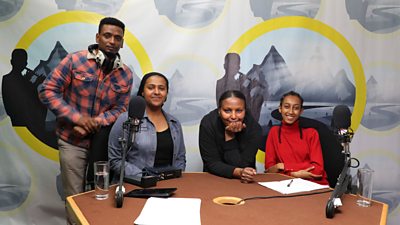
Negat: A new 'dawn' for young people in Ethiopia
Our radio and TV programme, Negat (Dawn), is challenging stereotypes and inspiring young people to seek out new opportunities. -
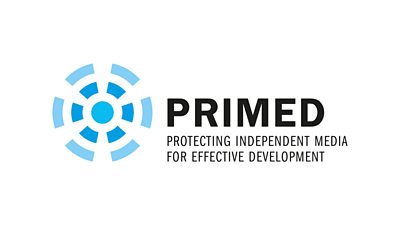
Protecting independent media for effective development
We are working with media support organisations and local partners to find out how best to support public interest media in Sierra Leone, Ethiopia and Bangladesh. -
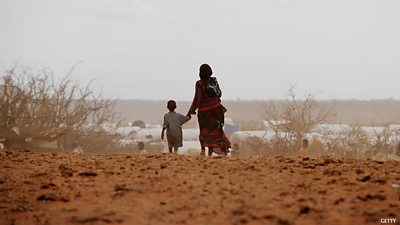
How communication can address unsafe migration through and from Ethiopia
This programme focused on providing information and forums for discussion about unsafe and illegal migration so that people could make informed decisions. -
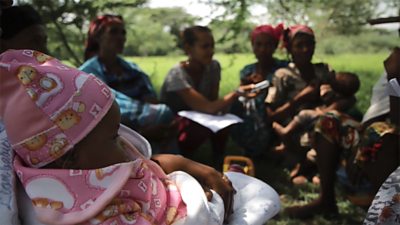
BabyWASH: Reducing childhood diarrhoea through radio
We encouraged healthier hygiene practices by mothers and fathers in Ethiopia to help protect children from often-deadly conditions such as diarrhoea through radio, community discussion and training with health workers. -
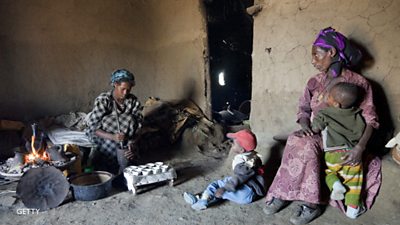
Using radio to address indoor air pollution in Ethiopia
Air We Breathe was a health-focused project in the Oromia region of Ethiopia addressing indoor air pollution through radio and public service announcements. -
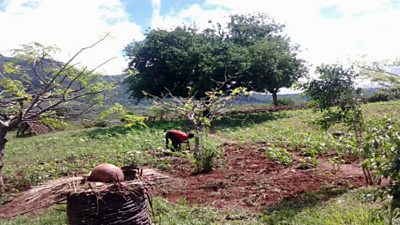
Building resilience to extreme weather through radio
Radio programmes and mobile phone services have helped improve farmersβ access to accurate weather information in Ethiopia.
